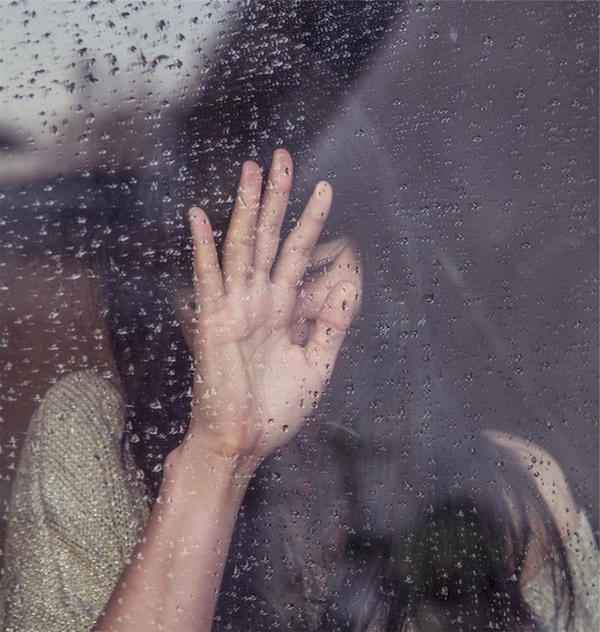
I knew opening the boxes would be hard—I’d eyed them beforehand, skittishly, as if they might be full of a curling darkness.
But what was waiting for me was something I couldn’t have anticipated.
I carted the boxes to my basement, took a deep breath and sliced through the tape with a pair of kitchen scissors. Then I pulled back the cardboard to reveal the tidy stacks of my brother’s belongings.
My brother, who died nearly 18 years ago, at the age of 21.
Sitting in a basement 3,000 miles from where my brother and I grew up, I’m twice as old now as he was when he died. At 24, his death rearranged me, perhaps even set me on the course of what would become my life; the first time my now-husband and I really spoke with each other was about grief. Sitting across from each other, I spilled the story of my brother’s death, and in turn, he spoke of his father’s. That shared language of loss twined us to each other, made us familiar.
I knew that the boxes held hard things—like my brother’s autopsy report. Like an email he’d written to our godmother a few weeks before he died. Like several large Ziploc bags full of sympathy notes my family received in the days after his death.
These, I expected. These, I thought would jar my memory, would help me sprinkle details into the story I’m writing about those months.
But mostly, the contents remind me of how achingly young he was: a fat binder of basketball cards. A loose stack of the Garbage Pail Kids cards we’d greedily collected. His Cub Scout sash, gleaming with pins and badges.
At 21, he was very much a boy still, the relics of his childhood held close.
A huge wave of grief slams me. I hear my own thin voice in the basement: Oh, sweetie. I’m so sorry, sweetie. This shouldn’t have happened to you.
I expected this to be hard; I didn’t expect it be time travel. Tears race down my cheeks and drop onto my knees. I came here as a writer, a historian, an archaeologist. But now I am my brother’s big sister, a quasi-mother to him, and I mourn him like a lost child, because he was.
In looking at what is left behind, I see how we were twined: his words—young, honest, pinching—etched out into a mostly blank book, young, honest and pinching. His raw, sensitive heart. The volley between childhood and adulthood. How fragile the bridge that hung between—proven by those yellowing basketball cards. How unfair it is that he died, that the mystery of grace, the breezy window some of us manage to crawl through, eluded him.
Underneath all the years that have passed, my brother was just a boy. And at 24 when he died, I was practically still a girl.
At 42, I am decidedly not a girl. I am, as the grocery store clerks so persistently remind me, a ma’am. A woman. Firmly middle-aged.
I’m also a mother, and it’s impossible to see my little brother without the lens of a mother, without the lens of my own son, who, upstairs, paws through sheaths of Pokemon and football cards.
Now, I see the loss through my parents’ eyes—they weren’t that much older than I am now when their world blew apart. I’m receiving the blessed but painful gift of perspective, of age.
Grief is layered, complex. It evolves and changes as we do.
I will hug my own son extra tightly tonight, and I will try my best to come back to the present, though his blue eyes are so like my brother’s blue eyes. Though his boy-heart is much like my brother’s boy-heart—wild and wired, sensitive and strong-willed.
I will return to my beautiful, grateful life—though I learned today that just as my brother is frozen in time, part of me is, too. I am still 24, and 10, and 3.
Over and over again, I learn that grief is not an event. It doesn’t have tidy stages that we can check off and be done with. No, it’s something that settles into us, something that, like arthritis, acts up when it’s damp or we haven’t tended to it in a while, or when we decide to open a pair of cardboard boxes.
Because grief is a byproduct of love. And if love is something that lives in us, that can’t be taken, that is woven deep into the muscles of our hearts and minds, then so is grief.
For now, I will close the boxes back up. They will be there tomorrow, and if I am lucky, when I am 49, 63, and 72. I know now that the grief will be there too: like an old friend, like an old, stubborn love, like a brother.
~
Author: Lynn Shattuck
Image: Milada Vigerova/Unsplash
Editor: Catherine Monkman






Read 1 comment and reply